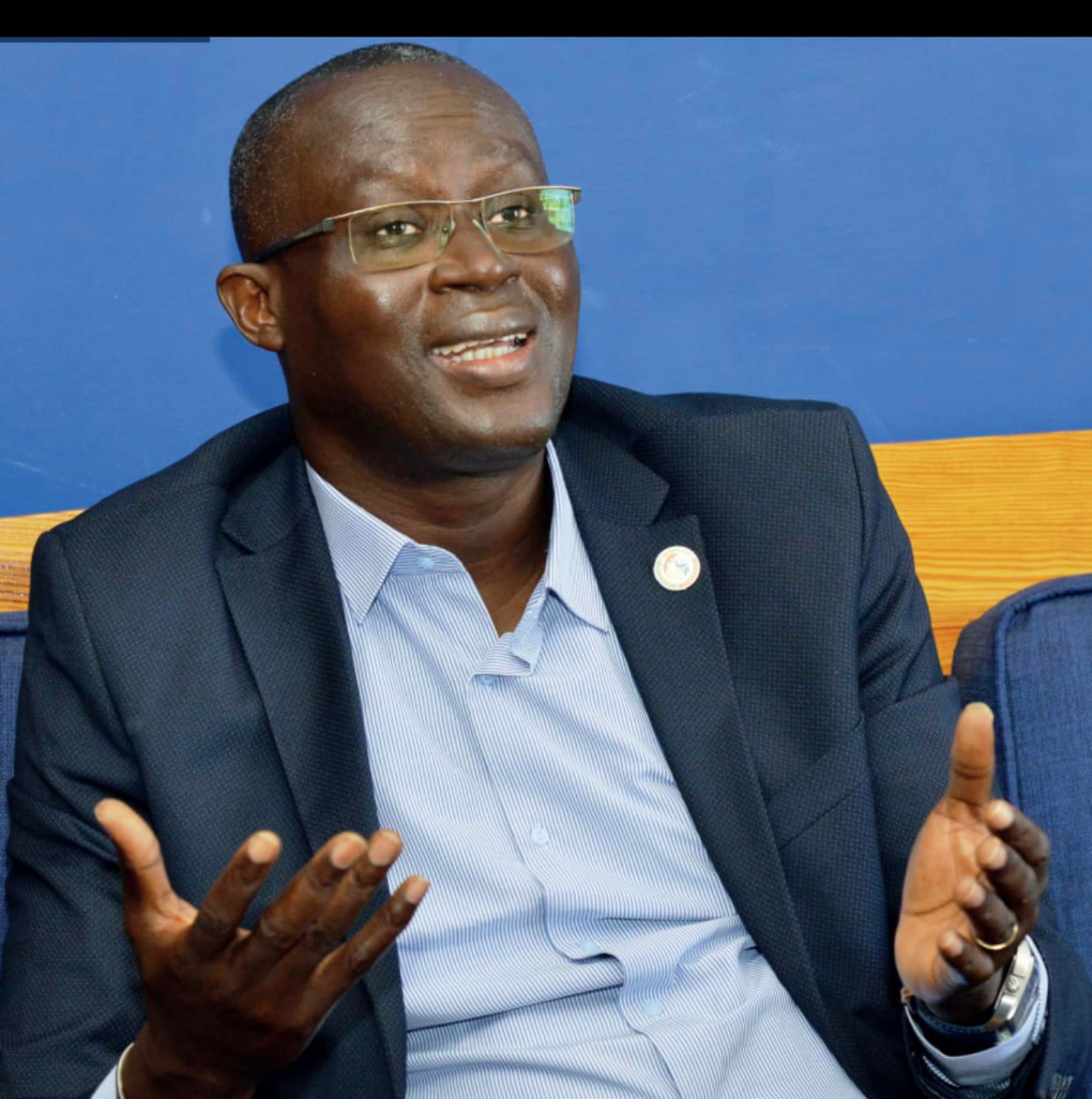The recent remarks made by Me Augustin Senghor, President of the Senegalese Football Federation, regarding Morocco’s alleged dominance over the Confederation of African Football (CAF), call for a technical and political analysis of the facts.
Recent CAF history is not about a Moroccan conspiracy, but rather about a much broader strategy—one whose centre of gravity lies in Zurich.
Since 2017, FIFA has become a central actor in CAF’s political life, not through dialogue, but through structural interference. In just eight years, African football has experienced a series of orchestrated, overt or discreet interventions that have deeply altered the internal balance of power on the continent.
- 2017: Ahmad Ahmad’s rise, the first manoeuvre of interference

Ahmad Ahmad’s election as CAF President in March 2017, defeating Issa Hayatou, was actively supported by FIFA through a campaign conducted behind the scenes by several envoys. This victory was portrayed as a moment of change, but in reality, it marked the beginning of CAF’s increasing political dependency on Zurich.
- 2021: Patrice Motsepe’s “Single Candidate” Scenario

Four years later, in 2021, the election of Patrice Motsepe as CAF President was not the outcome of a democratic process. It was FIFA, directly involved, that imposed a consensus around a single candidate, politically retiring all other contenders—including Me Senghor himself. Senghor accepted to withdraw in exchange for the post of First Vice President, without ever denouncing the very interference he now decries.
- 2024: The Addis Ababa Congress – A Grave Statutory Turning Point

In October 2024, during the CAF Congress in Addis Ababa, several major amendments were adopted under external pressure:
- The removal of linguistic groups as a criterion for electoral representation, disrupting a historical balance that ensured geographic, linguistic, and cultural diversity. The true purpose behind this Zurich-driven change was to allow Ahmed Yahya, President of the Mauritanian Football Federation, to run for FIFA Council elections—something that would not have been possible otherwise, especially as he hails from the same zone as Me Senghor.

- The removal of the age limit, which immediately allowed Egyptian candidate Hany Abu Rida, previously ineligible, to once again run for FIFA Council.
These changes—despite the clear signs at the time that they would destabilise the continent’s equilibrium—were not opposed by Me Senghor. Quite the opposite: his own federation voted in favour of all the proposed amendments. There was no statement, no interview, not a word on the implications these changes would have on CAF’s internal democracy. Because, at that moment, these reforms also served his personal and political interests.
- 2025: The Return of Zurich’s “Guided Choices”

More recently, in March 2025, in Cairo, FIFA representatives directly contacted several African FA presidents to steer their votes toward specific candidates for the FIFA Council—including those whose candidacy had been made possible by the October 2024 statutory changes. This foreign electoral pressure has now become a norm: African choices are no longer sovereign—they are supervised, and the chief supervisor is none other than the Zurich-based body that does not hesitate to issue thinly veiled threats to federation presidents—all in the full knowledge of Me Senghor.
- The Moral Inconsistency of Me Senghor

It is entirely legitimate to advocate for fair geographic representation within CAF and FIFA. But it is deeply inconsistent to denounce an imbalance that one has previously validated through silence or political calculation.
When the statutes were changed in Addis Ababa, Me Senghor was there. He knew. He voted. He remained silent. Today, because he lost the FIFA Council election, he denounces injustice—pointing fingers at Morocco while omitting the crucial role FIFA has played in CAF politics since 2017.
Me Senghor now wishes to posture as a great defender of Africa, invoking our ancestors and Nelson Mandela, calling on African governments to act just as they now stand up to former colonial powers. But the real question Me Senghor should ask himself is: would our ancestors—would Nelson Mandela—have remained silent since 2017 and waited until an electoral defeat to finally speak up?
Another real question: have our ancestors been proud of him since 2017? Has he truly honoured their legacy, the legacy of Nelson Mandela, and the African leaders he now appeals to?
When Me Senghor claims CAF has thrown African federations into Morocco’s arms, which CAF is he talking about? The CAF whose president—appointed by Zurich in 2021—has no electoral base and is unable to fulfil a promise made to a Head of State to secure a senior post for a national of that country? A president who relies solely on support from Zurich rather than his own legitimacy?
How could such a weak CAF—under one of the weakest presidents in its history—possibly have pushed African federations into Morocco’s arms?
This opportunistic stance does not rise to the level of debate that the continent deserves.
The Real Question Is African Sovereignty

The real debate is not between Moroccans, Senegalese, Arabophones, or Francophones. It is between an independent CAF and a CAF under external influence.
Whatever one may think, Morocco invests, proposes, hosts, and shares. It is a proactive actor and a force for progress. And it does so while respecting the rules in place—without imposing through coercion what others impose through political manoeuvring.
If we are serious about defending African football, then let us defend its sovereignty. Let us challenge externally imposed reforms. Let us demand a return to inclusive balance—but without resorting to targeted attacks that mask the true responsibilities of various actors.
The sleeping democrat that has awakened in Me Senghor should also help him rediscover intellectual honesty—enabling him, in his future speeches, to point the finger at the true authors of the continental imbalance and to no longer fear the isolation that inevitably threatens those who raise their voices against this football colonialism imposed by external forces.

